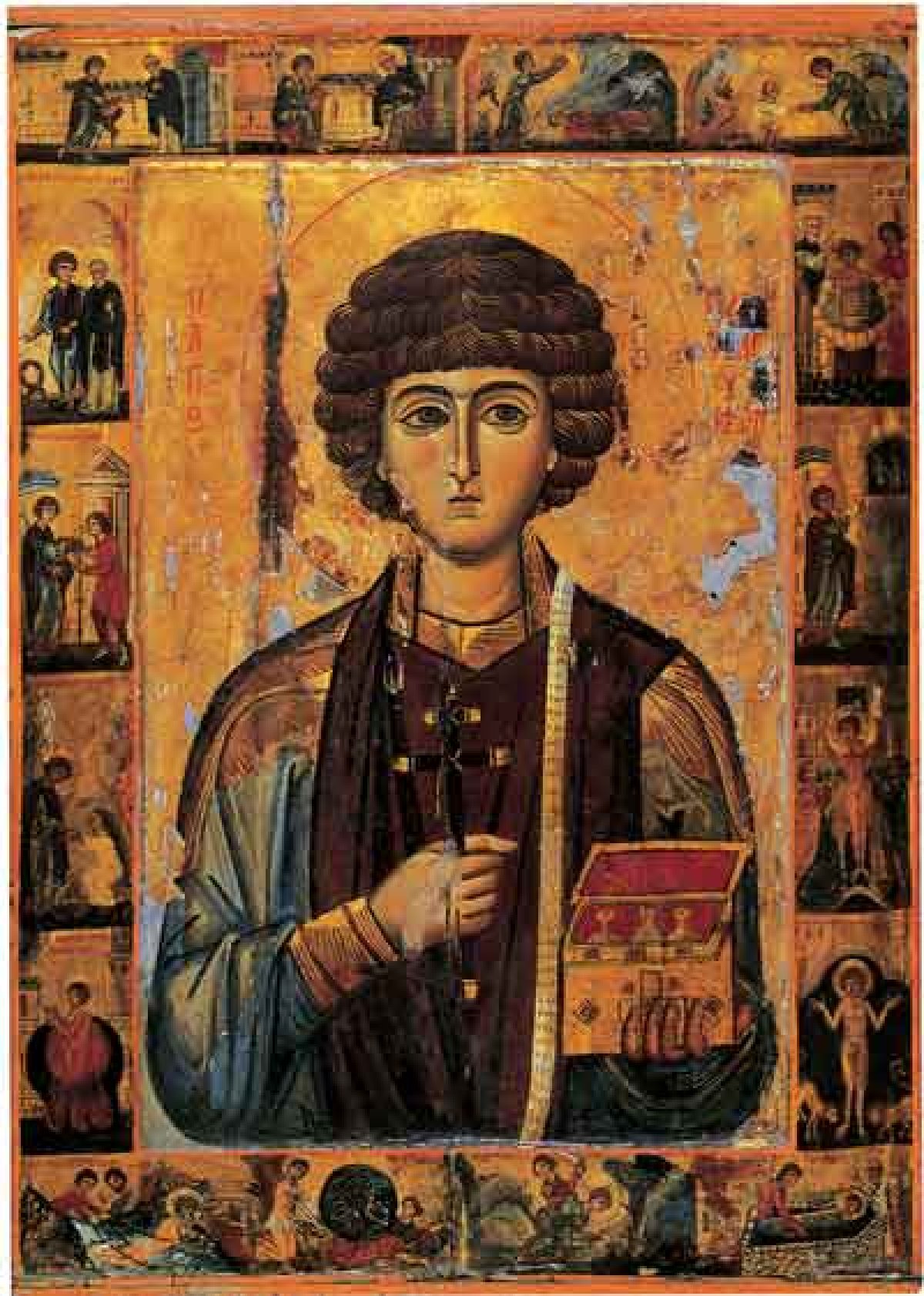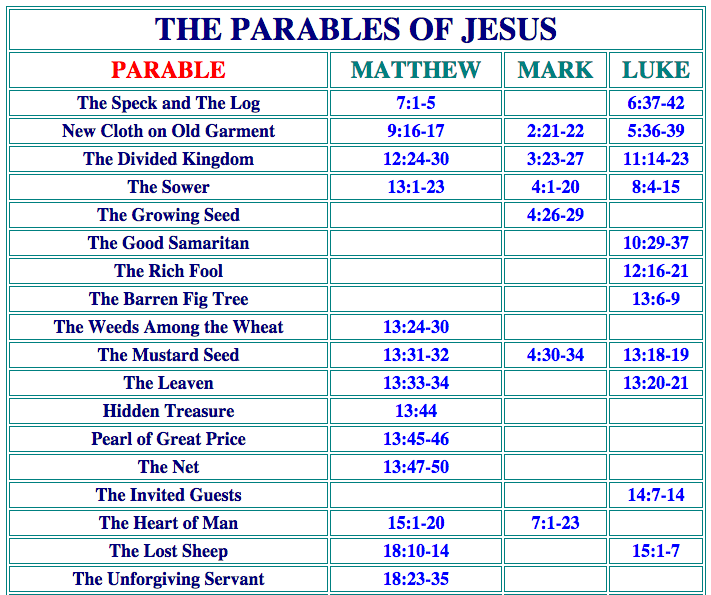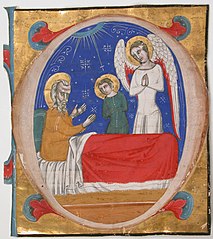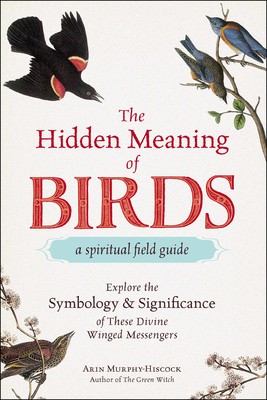Are The Seven Deadly Sins In The Bible
Are The Seven Deadly Sins In The Bible
The Seven Deadly Sins are what are known as “capital vices.” They were first catalogued by Pope Gregory I around the year 600 CE. The sins are pride, envy, wrath, sloth, greed, gluttony and lust. The concept of sins is important in Christianity because they cause separation between men and God.
There are no direct references in the Bible to the Seven Deadly Sins, but some Biblical themes and passage relate to the sins in varying degrees. The sins are what are known as “capital vices.”
There are no direct references in the Bible to the Seven Deadly Sins, but some Biblical themes and passages relate to the sins in varying degrees. The sins are what are known as “capital vices.”
- Pride: The sin of pride is mentioned throughout the Bible, which says that God resists the proud but gives grace to those who humble themselves (James 4:6).
- Lust: Lust is also mentioned throughout Scripture, with Paul calling it a “sin against your own body” (1 Corinthians 6:18). He also says that Christians should not seek sexual gratification from their partner outside of marriage because it could lead them into adultery or fornication—essentially meaning they should not have sex before marriage (1 Corinthians 7:1–9).
- Envy/Jealousy/Greed: Envy is mentioned frequently in both testaments of the Bible; God Himself condemns this sin on multiple occasions (Proverbs 6:30; Romans 13:13). Greed too is condemned by Jesus Christ when he tells his disciples not to store up material wealth in heaven while starving their neighbors here on earth (Luke 12).
The Seven Deadly Sins were first catalogued by Pope Gregory I around the year 600. They are pride, envy, wrath, sloth, greed, gluttony, and lust.
The Seven Deadly Sins were first catalogued by Pope Gregory I around the year 600. They are pride, envy, wrath, sloth, greed, gluttony, and lust.
He used them as a way of teaching people about how to live a good Christian life by pointing out that sin is wrong and will lead you away from God if you commit it too often.
The idea behind them was that each sin would build on the last one until you ended up being completely separated from God because of your wickedness.
They are not listed in any particular order of importance or severity and each sin has a corresponding vice, or a virtue.
The seven deadly sins are not listed in any particular order of importance or severity. Each sin has a corresponding vice, or a virtue. Capital vices and capital virtues have been given names to distinguish them from the less important virtues and vices (or even minor faults).
Capital vices are those that are so serious that if you commit them, then you will be punished for all eternity.
These sins include: pride (vanity), greed (avarice), lust (luxuria), gluttony (gula), envy (invidia) and wrath (ira). Vice by contrast is defined as an “inclination toward evil” but does not necessarily result in actual wrongdoing. All other sins fall into this category of lesser wrongdoings because they do not warrant eternal punishment; rather they are only subject to temporal punishments on earth or after death such as hellfire or purgatory respectively
The concept of sins is important in Christianity because they cause separation between men and God.
The concept of sin is important in Christianity because they cause separation between men and God. Sin is the breaking of God’s law, which results in our spiritual separation from God. In fact, sin is considered such a great offense against God that it has no other remedy than execution (Romans 6:23).
Sin can be defined as an act that violates the moral law or code. It can also be defined as any violation of the law set by God for our own good. Sin does not mean doing something wrong; it means failing to do what is right (James 4:17).
In Catholicism there are the Seven Capital Sins or the Seven Deadly Sins which may have been derived from Proverbs 6:16-19 which lists seven things that God hates.
The Seven Capital Sins or the Seven Deadly Sins may have been derived from Proverbs 6:16-19 which lists seven things that God hates.
Proverbs 10:19 – A false witness will not go unpunished, and he who breathes out lies will not escape.
Proverbs 14:22 – A man’s own folly leads him astray, yet his heart rages against Yahweh.
Proverbs 15:9 – The way of the fool is right in his own eyes, but a wise man listens to counsel.
Proverbs 16:25 – There is a way of life that seems right to a man, but its end is death.
But some say the actual origin of the Seven Capital Sins can be traced back to Evagrius Ponticus who was an Egyptian-Greek monk and ascetic from Antioch who died in 399 CE.
But some say the actual origin of the Seven Capital Sins can be traced back to Evagrius Ponticus who was an Egyptian-Greek monk and ascetic from Antioch who died in 399 CE. He is considered to be the first person to list the seven deadly sins: pride, envy , wrath, lust, avarice/greed, gluttony and sloth .
He also developed a framework for understanding human depravity that became known as “The Eight Thoughts” which includes a second set of seven deadly sins: vainglory (pride), sadness (depression), anger (wrath), doubt (envy), conceit (lust) and negligence/idleness (sloth).
There is no mention of seven capital sins in the Bible but we do find these kinds of lists in Proverbs 6:16-19; Galatians 5:19-21; Romans 1:29-31; 1 Corinthians 6:9-10; 2 Peter 2:4-11 et al.
Pope Gregory I was born around 540 CE. He became pope in 590 and served in that position until his death in 604 CE.
He was born around 540 CE in Rome, the son of Gordianus and Roman matron Silvia. As a young man, he studied at the cathedral school in Rome and later became a monk. He eventually became abbot of St. Andrew’s Benedictine Abbey at Pontigny on the Seine River in France.
Gregory was elected pope by his brother monks in 590, succeeding Pelagius II (who had been killed by an earthquake). He was elected immediately after another pope had died from poisoning and Gregory was seen as being a good choice for this reason alone; however he turned out to be an excellent leader who reformed the church’s practices during his lifetime and is now known as “Gregory the Great.”
After serving as pope for 10 years until his death in 604 CE (at age 64), one of his last acts was writing about piety toward God through reason rather than fear or superstition which led people towards faith instead of away from it due to bad behavior resulting from lack thereof!
Gregory was born around 540 CE. He became pope in 590 and served in that position until his death in 604 CE.







